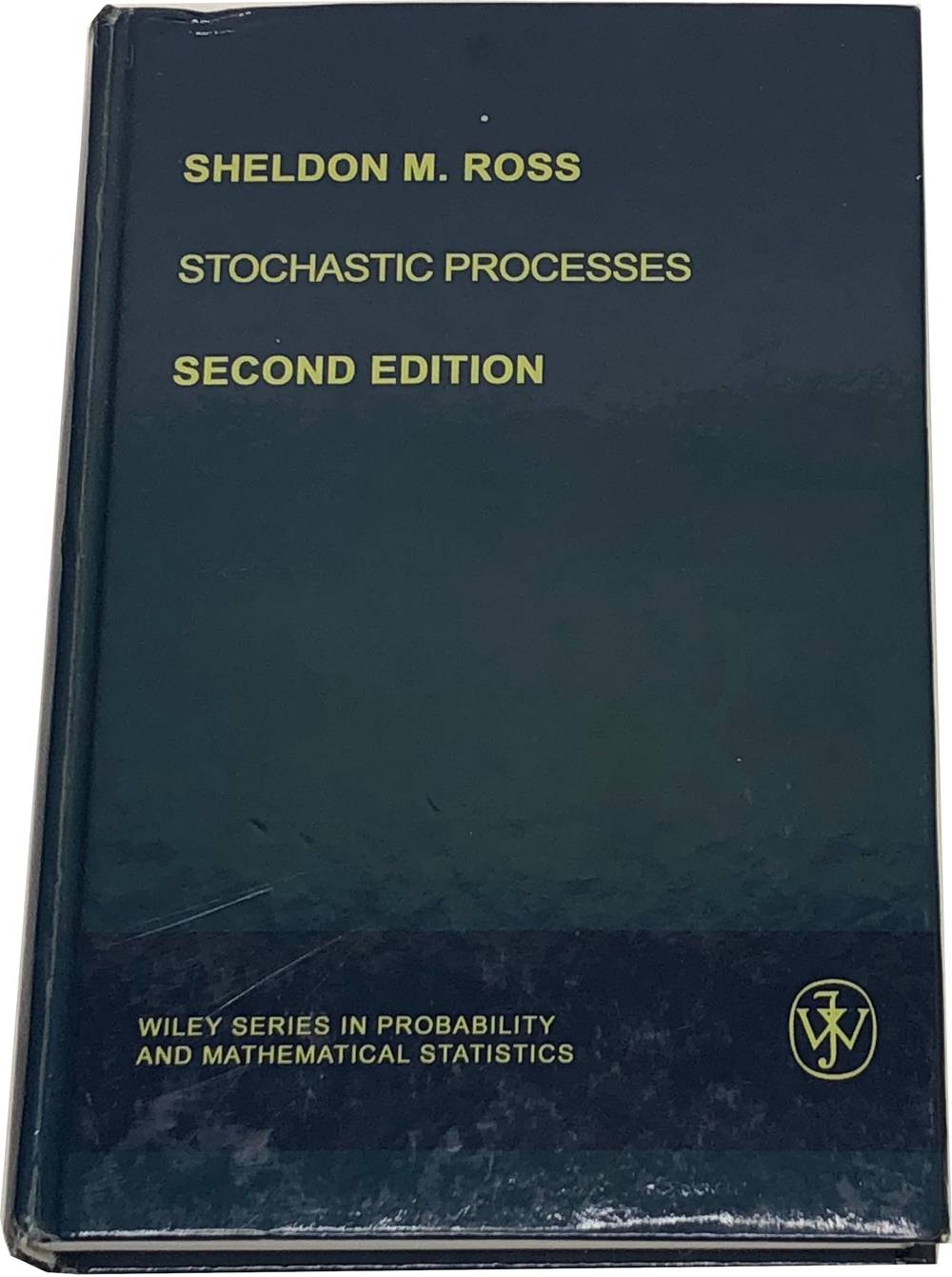The study of stochastic processes is the application of probability to an indexed collection of random variables. A classic example is the study of queue times, an instance of which is wait times at the post office. Stochastic processes are very important for modeling, but they're also an important tool for other statistical methods. Much of Bayesian statistical estimation is based on Markov chain Monte Carlo, which is a kind of stochastic process.
Recommended Books
Adventures in Stochastic Processes
Sidney I. Resnick
Key Features
- In-text exercises
Key Topics
- Absorption Probabilities
- Branching Processes
- Brownian Motion
- Continuous-Time Markov Chains
- Discrete State Spaces
- Generating Functions
- Law of the Iterated Logarithm
- Markov Chains
- Point Processes
- Poisson Process
- Queueing
- Random Walks
- Renewal Theory
- Stationary and Limiting Distributions
- Stopping Times
- Transience and Recurrence
Description
This book has very clear explanations. We particularly appreciate the fact that results are presented in general matrix forms, as opposed to poncing around with the univariate case. Probability exercises tend to be entertaining as data science exercises go, and the antics of
Happy Harry
in this book are no exception. The asterisked enrichment sections in this book are quite interesting for the more mathematically inclined.Stochastic Processes
Sheldon M. Ross

Key Features
- In-text exercises
- Solutions to some exercises
Key Topics
- Birth and Death Processes
- Branching Processes
- Brownian Motion
- Continuous-Time Markov Chains
- Hazard Rates
- Markov Chains
- Martingales
- Point Processes
- Poisson Approximations
- Poisson Process
- Probability Review
- Queueing
- Random Walks
- Renewal Reward Processes
- Renewal Theory
- Stochastic Order Relations
Description
This is the standard text on stochastic processes. We find it somewhat vague in places and some of the results are not presented in as general a form as we would like. However, the exercises are quite good, and the book offers solutions to some of them. It's also geared at a slightly easier level than our top pick, so if you don't have a strong mathematical background you may prefer this book.

